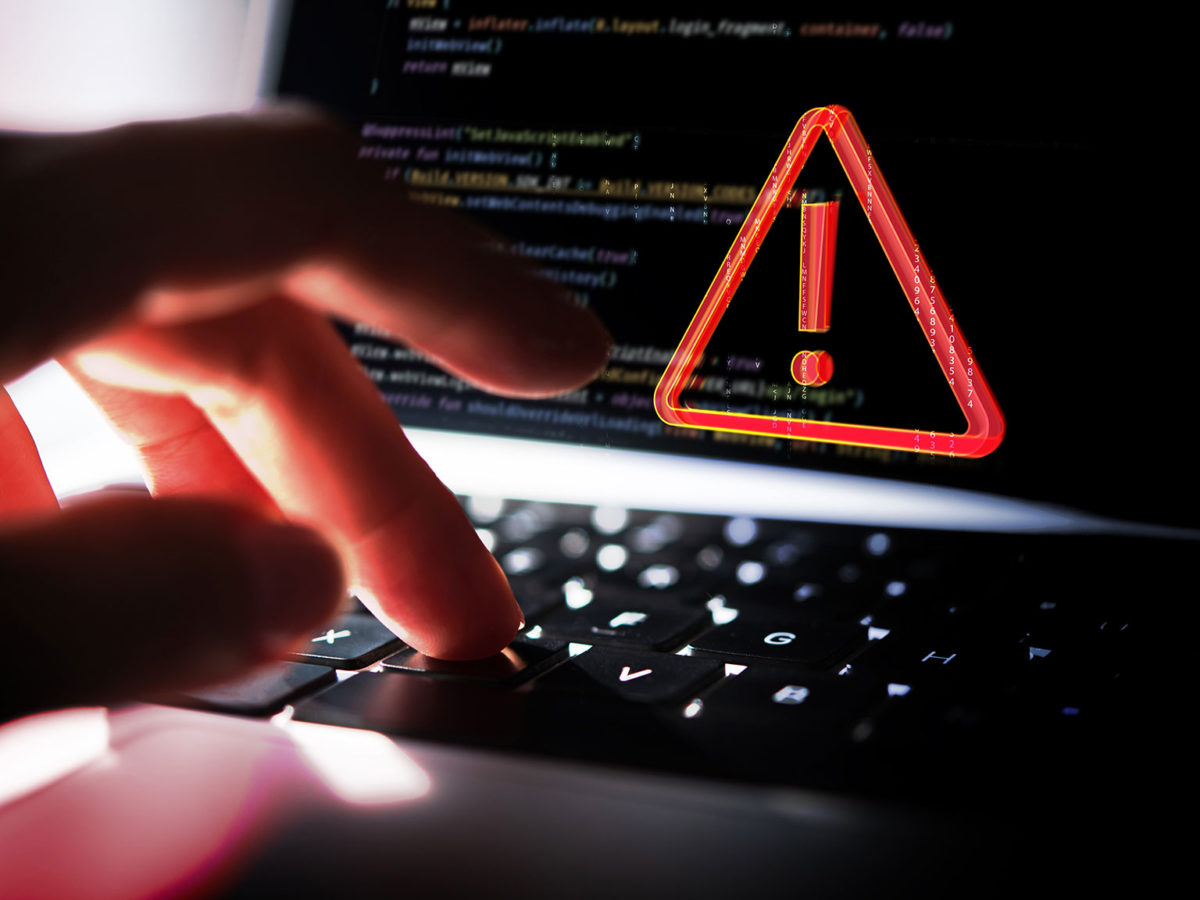How to protect yourself and your business from online scams
For both individuals and businesses, online scams can be devastating. Because so many of us work and play online there is the danger of complacency and misplaced trust when it comes to online scams, theft and potential data breaches….

Here we give you some tips on how to protect yourself and your business from online scams.
Phishing emails
Online scams often begin with phishing emails, texts and direct messages. They look like you are being offered an enticing opportunity or bargain, or that they have been sent by someone you know. In truth, they’re designed to grab your attention and lure you into being a victim of a scam by clicking on malicious links.
The format of phishing emails and messages is usually one of the following:
- A message that looks like it is from a trusted sender that wants you to take some form of action. The sender could be made to look like someone in your contacts list or an organisation you have an account with such as a bank or retailer.
- An urgent message that demands immediate action. You might be told that a service will be cancelled if you don’t click on a link straight away, or that you will miss out on a deal if you don’t act quickly. The urgency makes you worried and diverts your attention away from checking if the sender is legitimate.
- A request to go to a website and log on using your name and password. When you do log on the hackers can access your account and steal your identity or use it to buy goods or send money.
You should always check the email address of the sender. Check if the domain in the email address is legitimate. You can use a search engine to find out if the email address has been identified as a scam by other users.
For businesses, your teams should be trained to never open any links they’re not expecting. If the message is supposedly from a company, a new tab can be opened in a web browser to go onto the company website to see if the information is real or fake.
Limit the amount of personal information you share online
The more personal information you put in the public domain on the likes of social media platforms or on unprotected websites, the more opportunities you are giving hackers to scam you. They will use your identity to commit fraud, and if they have access to your banking information it could prove to be very costly.
Only share personal and financial information when necessary and engage all possible security protocols on online accounts.
Malicious malware
Malware, also known as a virus, is malicious software that hackers use to infect your PCs to make you more susceptible to online scams.
Opening file attachments or downloading and opening a file from an unprotected website are ways in which your PC can become infected by malware. Installing fraudulent apps can also lead to a malware infection. Malware can even be received in the form of a browser update.
To avoid being affected by malware, don’t open attachments or links you weren’t expecting, and only install apps from reputable providers. Installing an anti-malware program will provide added security.
Install robust antivirus software
Here is the key. To protect you and your business from being scammed online, it is highly recommended that you install robust antivirus software. Of equal importance is regularly updating your software, including Windows, web browsers and other key packages to ensure that you have the most effective line of defence possible against scams.
Speak to E2E about your cybersecurity
Contact E2E to discuss antivirus software for your business and a robust cybersecurity package.







